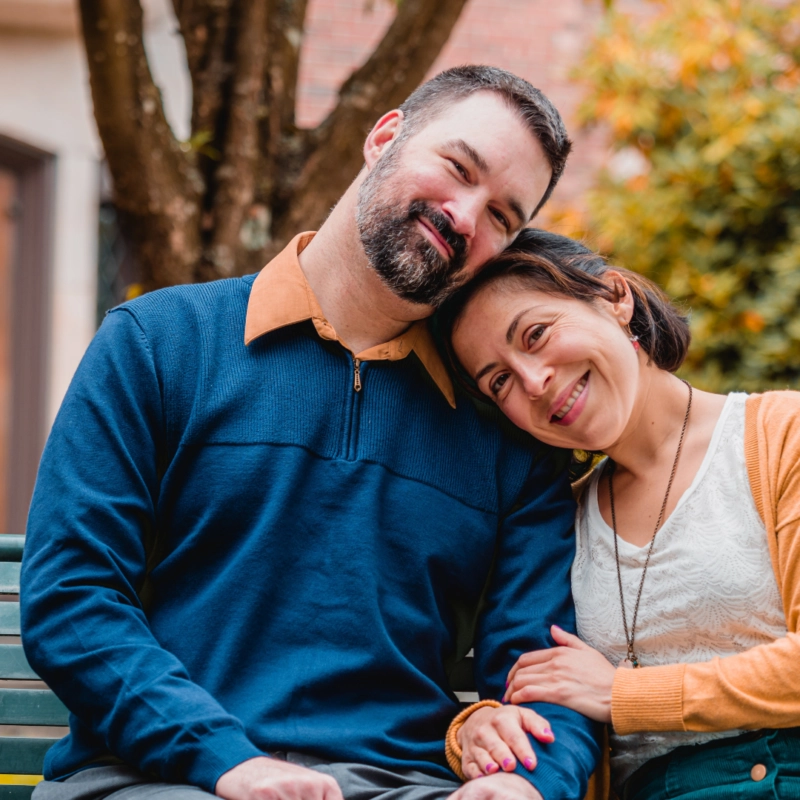We’re approaching this differently
Men and women often have very different approaches to decision making, particularly when issues have a strong emotional component. Infertility and ways to get around the difficulties are no different and in many ways more sensitive than most because of the high value that society places on the ability to make babies.
Typically, men would prefer not to talk about their own or their partner’s fertility problems and women would like to have an on-going conversation about them. Men would prefer either not to think about it at all or quietly research on the internet. Women often like to talk and share their thoughts with friends or family or on fertility forums. They may research on the internet and read anything they can get their hands on.
Of course, these are stereotypes and significant numbers of men and women don’t conform to these differences. But we have talked to enough couples over the years (and know from our own personal experiences) that these approaches ring true for many people. And we know that the difference in approaches can create conflict and frustration, adding to the stress of fertility treatment. Cracks in relationships can appear but, if a couple can find good support, it can sometimes also bring couples closer together.





